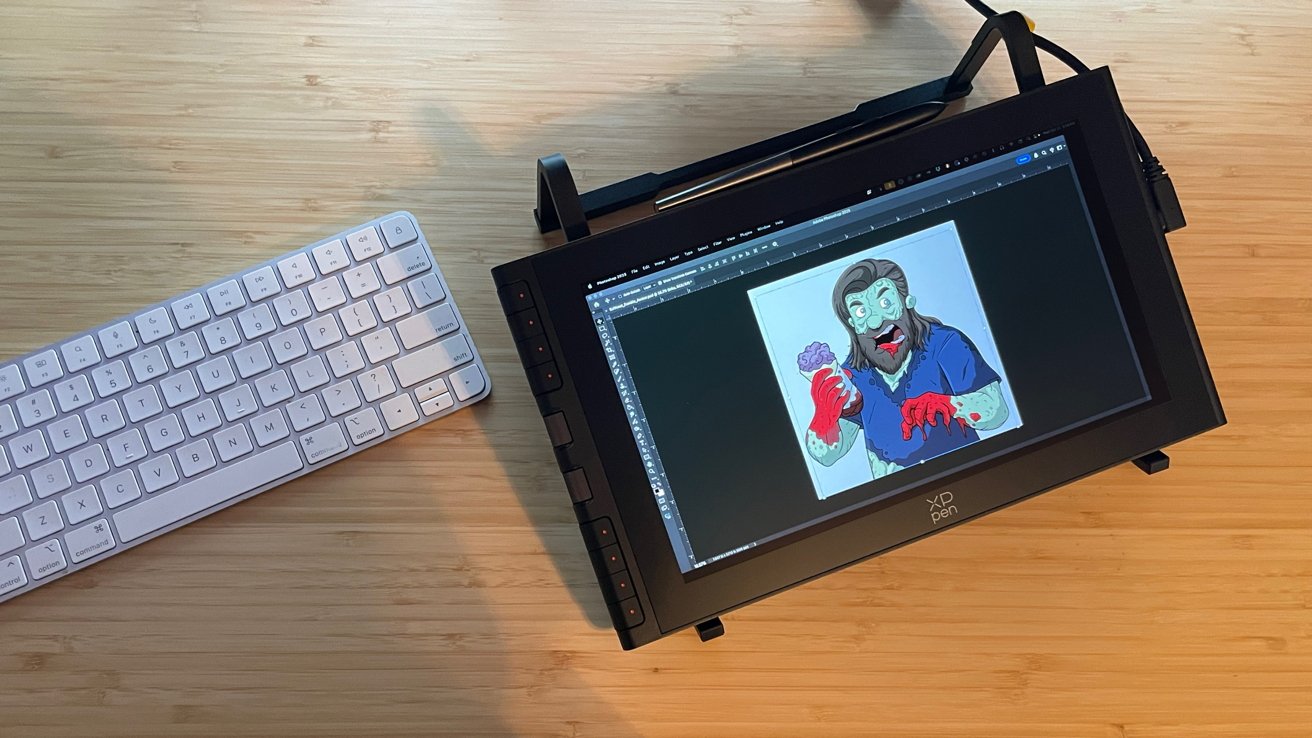Apple has officially introduced the iPhone 16 series to the Indonesian market on April 11, 2025, following a protracted delay of over six months. This postponement stemmed from Apple’s initial non-compliance with Indonesia’s stringent local content regulations, which mandate that a minimum of 40% of smartphone components be sourced domestically.
Background of the Delay
The iPhone 16 was globally unveiled in September 2024, with sales commencing in various countries shortly thereafter. However, Indonesia’s specific requirements posed a significant challenge for Apple. The Indonesian government enforces a policy that necessitates foreign companies to meet a 40% local content threshold for electronic devices sold within the country. This policy aims to bolster local industries and attract foreign investment. Apple’s initial investment of approximately $95 million fell short of the required commitment, leading to a ban on the sale and use of the iPhone 16 in Indonesia. ([reuters.com](https://www.reuters.com/technology/apple-iphone-16-sales-blocked-indonesia-due-local-parts-rule-2024-10-28/?utm_source=openai))
Negotiations and Investment Commitments
In response to the ban, Apple engaged in extensive negotiations with Indonesian authorities. The company proposed an increased investment plan totaling over $300 million, which included the establishment of research and development facilities and local manufacturing plants. This commitment was designed to meet the local content requirements and facilitate the lifting of the sales ban. ([reuters.com](https://www.reuters.com/technology/apple-says-iphone-16-series-be-available-indonesia-april-11-2025-03-26/?utm_source=openai))
Impact on Consumers and Market Dynamics
The absence of the iPhone 16 from the Indonesian market had notable implications for consumers and the broader smartphone landscape. Indonesian consumers faced challenges in accessing the latest Apple technology, often resorting to unofficial channels or importing devices, which could lead to higher costs and potential legal issues due to the lack of proper certification. During this period, competitors such as Samsung and OPPO, which have established local manufacturing facilities, strengthened their market positions by complying with Indonesia’s local content regulations. ([ft.com](https://www.ft.com/content/698d07af-c163-4bc9-9a30-b82ca479e3e8?utm_source=openai))
Resolution and Market Entry
After fulfilling the agreed-upon investment commitments, Apple received the necessary certifications from the Indonesian Ministry of Industry. This development allowed the company to officially launch the iPhone 16 series in Indonesia on April 11, 2025. The launch was met with enthusiasm from consumers who had been anticipating the arrival of the latest iPhone models.
Broader Implications for Apple’s Global Strategy
The challenges Apple faced in Indonesia underscore the complexities of navigating local regulations in global markets. The company’s experience highlights the importance of understanding and adhering to regional policies, especially in emerging markets with specific requirements aimed at promoting local industries. Apple’s willingness to invest significantly in Indonesia reflects a strategic approach to expanding its presence in Southeast Asia, a region with a rapidly growing consumer base and increasing demand for premium smartphones.
Conclusion
The successful launch of the iPhone 16 in Indonesia marks a significant milestone for Apple, demonstrating the company’s commitment to complying with local regulations and investing in regional markets. This development not only benefits Indonesian consumers by providing access to the latest technology but also sets a precedent for how multinational corporations can effectively collaborate with governments to achieve mutually beneficial outcomes.



